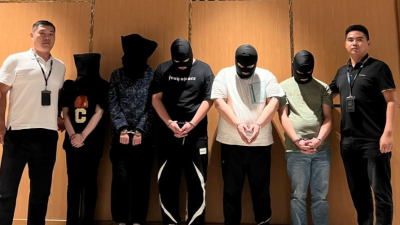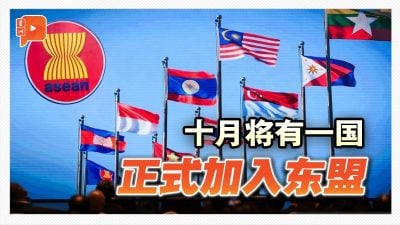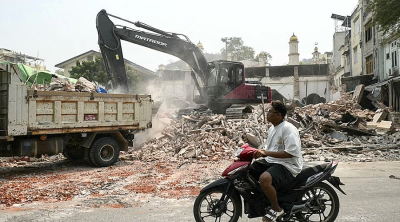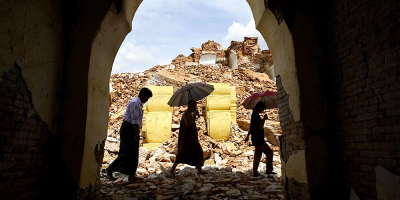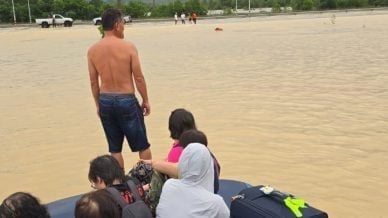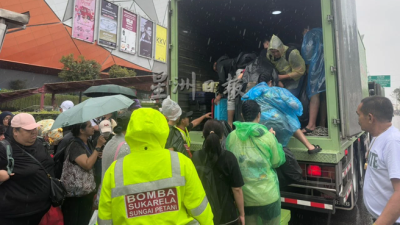BANGKOK: Aviation fuel supplied to junta-ruled Myanmar for civilian planes is being diverted to the military, whose air force has been linked to war crimes, Amnesty International said on Thursday.
Myanmar has been in turmoil since the military seized power last year and launched a brutal crackdown on dissent.
Fighting has flared with ethnic rebel groups as well as newer anti-coup “People’s Defense Forces”, and rights groups have accused the military of launching air strikes on civilians that amount to war crimes.
Amnesty tracked eight shipments of aviation fuel arriving at Thilawa port terminal, outside commercial hub Yangon, between February 2021 and September this year, it said in a report released Thursday.
The shipments were handled, stored and distributed by two Myanmar affiliates of oil giant Puma — one of which is a joint venture with a state-owned company.
Some of the shipments were delivered to airports that shared refueling facilities with nearby military bases, Amnesty said, citing satellite data and leaked documents.
At least two of the shipments — from PetroChina-owned Singapore Petroleum Company and Thai Oil — were delivered directly to the military, Amnesty said citing customs data and letters detailing the consignments.
One of Puma’s Myanmar affiliates also paid a local firm to transport fuel to a military-controlled storage facility for jet fuel, it said.
Using flight tracking data and interviews with ex-military personnel, Amnesty said it had documented air strikes launched from two air bases typically supplied by that storage facility during the period.
Some of these strikes constituted war crimes, it said, based on interviews conducted with civilians on the ground.
All companies involved in the supply chain are “linked, not always with their knowledge, but linked to deliveries of aviation fuel to the military air bases”, Montse Ferrer, senior business and human rights researcher for Amnesty, told AFP.
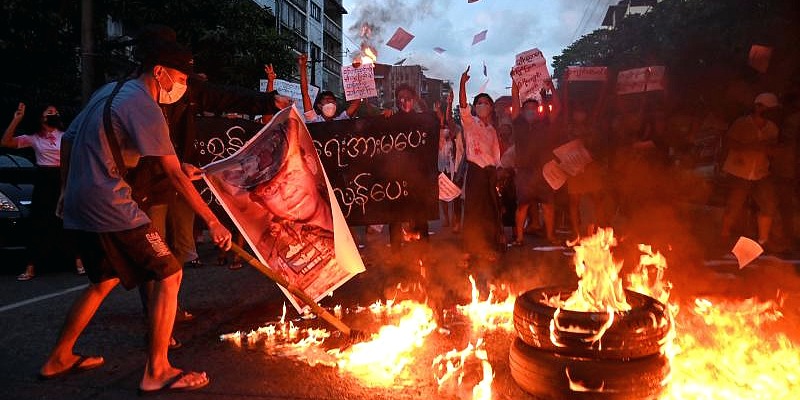
‘Control breach’
In March the United Nations human rights commissioner said military air strikes on populated areas could constitute war crimes.
Last month air strikes on a concert held by a major ethnic rebel group in northern Myanmar killed around 50 people, including civilians, according to the rebels.
Singapore Petroleum Company, Rosneft, Chevron and Thai Oil, which all provided fuel during the period, told Amnesty they believed they “had provided aviation fuel for civilian purposes only”, the report said.
But Amnesty said Puma had written later to say it had received reports that the military had been able to “breach controls that were put in place to maintain the segregation of civilian supply.”
It cited this as the reason for its departure from Myanmar — a date for which is yet to be announced.
After its investigation — conducted with activist group Justice For Myanmar — Amnesty said Thai Oil and a shipping agent and subsidiary of Norwegian maritime group Wilhelmsen announced they would halt all business involving aviation fuel in Myanmar.
Amnesty called on all companies involved in the supply chain to “immediately suspend the direct and indirect supply, sale, and transfer, including transit, trans-shipment and brokering of aviation fuel.”
“We recognise that civilian flights would be affected,” said Ferrer.
“But again, we want to stress that until the Myanmar military does not stop using its jets to conduct unlawful air strikes, people are dying and being displaced on a daily basis.”
ADVERTISEMENT
ADVERTISEMENT







